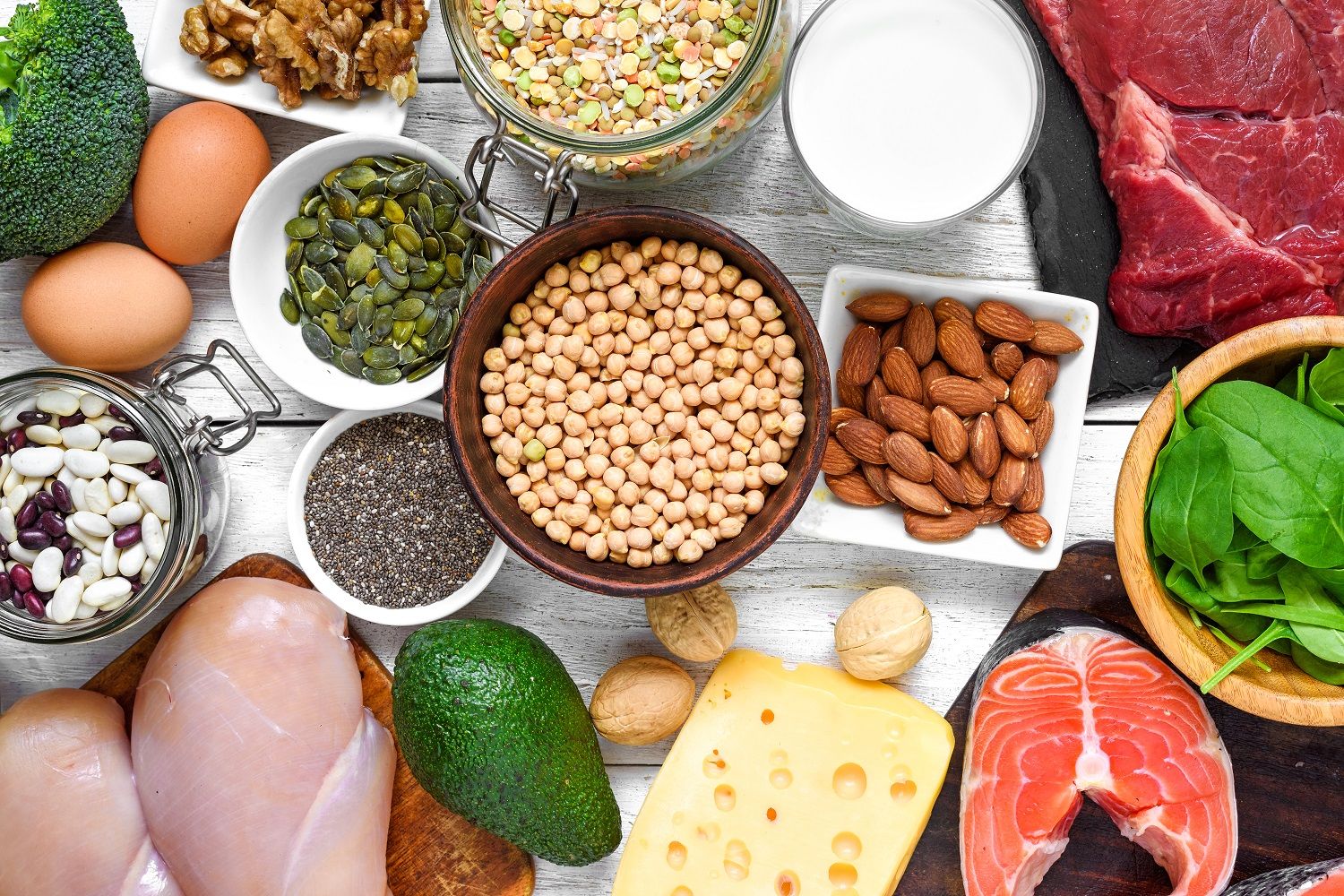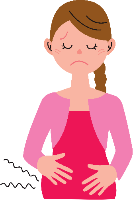You're pregnant! Congratulations!
While pregnancy is an exciting time, it is also a time when you may have many questions and concerns. On this page, we have put together information and resources to help you take care of yourself (and baby!). We are glad to be able to share the medically reviewed information with you but remember: nothing takes the place of regular visits with your health care provider for prenatal care.
If you are still looking for a physician, please consider Good Neighbor Community Health Center and Good Neighbor Fremont. We have contracted with highly qualified OB providers who look forward to working with you to help make your pregnancy a happy and healthy one.
To make an appointment or for more information, please call (402) 562-7500 (Columbus) or (402) 721-0951 (Fremont).
Nutrition

Keeping a healthy lifestyle throughout pregnancy is very important for both baby and mother. Some steps you can take for a healthy pregnancy include eating a balanced diet; gaining the right amount of weight; enjoying regular physical activity; and avoiding alcohol, tobacco and other harmful substances. Your healthcare provider may recommend a prenatal vitamin/mineral supplement to help ensure that you get enough iron, folic acid and other nutrients.
Foods Fit for Mom and Baby
Pregnant women need a balanced eating plan including:
- Whole grains: Breads, cereals, pastas and brown rice.
- Fruits: All types of fruits, including fresh, frozen or canned without added sugars.
- Vegetables: A variety of colorful vegetables, fresh, frozen or canned with no added salt should be included. Raw sprouts should be avoided.
- Lean protein: Choose lean protein from meat, poultry, fish, eggs, beans and peas, peanut butter, soy products and nuts. Pregnant women should avoid eating tilefish, shark, swordfish and king mackerel, and limit white (albacore) tuna to six ounces per week. Deli, luncheon meats and hot dogs should be reheated if consumed.
- Low-fat or fat-free dairy: This includes milk, cheese and yogurt.
- Unpasteurized milk and some soft cheeses that are made from unpasteurized milk also should be avoided.
- Healthful fats: From foods such as avocados, nuts and seeds as well as vegetable oils including canola and olive oil.
FOLIC ACID: Natural food sources of folate include legumes, green leafy vegetables and citrus fruits. Folic acid can be obtained through fortified foods such as cereals, pastas and bread as well as supplements.
IRON: Pregnant women need at least 27 milligrams of iron each day. Foods with high and moderate amounts of iron include red meat, chicken and fish, fortified cereals, spinach, some leafy greens and beans.
CALCIUM: During pregnancy, calcium is needed for the healthy development of a baby's teeth, bones, heart, nerves and muscles. When a pregnant woman does not consume enough calcium, it is taken from her bones for the baby. That means at least three daily servings of calcium-rich foods such as low-fat or fat-free milk, yogurt or cheese or calcium-fortified plant-based beverages, cereals and juices.
Avoid extra calories from added sugars and solid fats, which can lead to unhealthy weight gain. Cut down on foods such as regular soft drinks, sweets and fried snacks.
Be sure to follow food safety rules. These are especially important, since pregnant women are at higher risk of food poisoning. Here are 4 easy steps to food safety:
- Clean. Wash hands and surfaces often.
- Separate. Keep raw meat, poultry, seafood and eggs away from other ready-to-eat food.
- Cook. Make sure foods are cooked to the correct temperature.
- Chill. Refrigerate your food promptly. Don't thaw foods on the counter.


